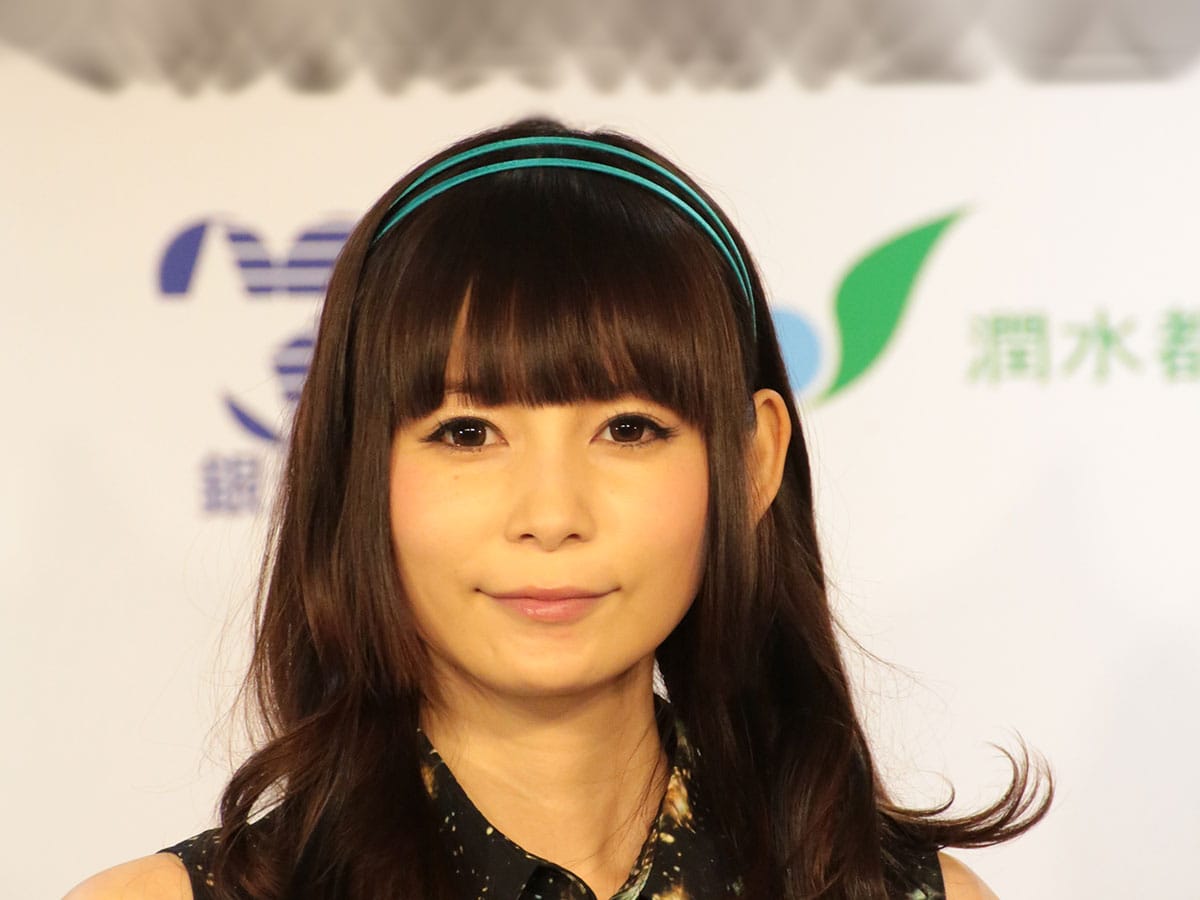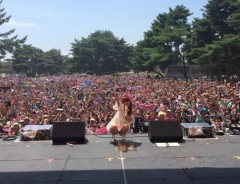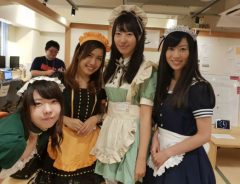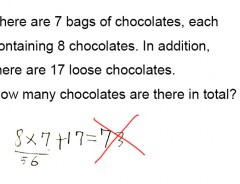
Source: Norio NAKAYAMA from saitama, japan, CC BY-SA 2.0 , via Wikimedia Commons
Shoko Nakagawa’s comments on schools’ “No nickname policy” provide food for thought
- Tags:
- Education / nicknames / Shoko Nakagawa
Related Article
-

This Japanese Pop Star Put WHAT In Her Hair?!
-

Japanese Tech School Lets Students And Maids Learn Game Programming Together For Mutual Benefit
-

To open in 2023, ‘Japan Fish College’ will offer curriculum integrated with the sea
-

Pure Stupidity: In Japan, The Answer To This Equation Is Wrong
-

Paulo D’Alberti: the startup founder shaping the future of online education in Japan
-

Japanese kid too embarrassed to say “mom” comes up with hilarious nickname


The TBS TV show, “Gutto Luck!” aired an episode on October 28th, 2020, with a particular focus on the “no nickname policy” which has been increasingly implemented at many elementary schools in Japan. According to the show, as an anti-bullying strategy, many schools are prohibiting their students from calling each other nicknames.
Shoko Nakagawa, mostly known by her nickname “Shokotan,” made a noteworthy comment about this policy, which encouraged many readers to reflect on this matter.
The celebrity, an actress, voice actress, illustrator, and singer best known as the presenter of "Pokémon Sunday" and as the performer of the opening theme from the anime Gurren Lagann, said:
“I am grateful for the nickname was I given, 'Shokotan'”.
The “No nickname policy” refers to a policy of requiring students to call other students by no other names than their birth names with “-san” (a suffix added to family names as a sign of respect).
In 2013, the “Anti-Bullying Act” came in effect. As such, many schools are tasked to take initiatives on anti-bullying programs, which led them to adopt this policy.
In the show, Ms. Nakagawa revealed her experience being bullied with a nickname in Junior High school. Back then, because of her sensitivity to stress, she would often throw up in school, and her classmates gave her an awful nickname for it. It was very hurtful, she said.
However, when she was asked about her opinion on the policy, this was her response:
Ms. Nakagawa thinks that it is the fact that bullies are there to attack and do what it takes to hurt you. That’s the problem. A nickname isn’t a cause of bullying.
There were many comments about her statement on the internet:
Ms. Nakagawa’s thoughts on this policy encouraged many viewers and readers on social media to reflect on this matter and to realize that the important thing is to place ourselves in other people's shoes, and consider how it affects their feelings... even when it comes to something as seemingly harmless as a nickname.